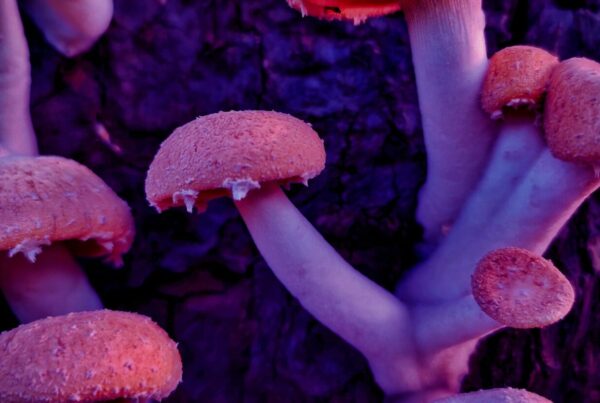Are you grappling with academic challenges, aspiring to ascend the corporate ladder, or concerned about cognitive decline in your later years? The temptation of enhancing your mental acuity with a mere pill is irresistible. Consequently, there is a burgeoning interest in nootropics, also referred to as cognitive enhancers or smart drugs.
There is an ongoing exploration into the potential cognitive enhancement benefits of psychedelic mushrooms, commonly known as “magic mushrooms.” This emerging field has given birth to a distinct sector known as shrooms delivery, which is focused on harnessing and investigating the potential nootropic properties of these mushrooms.
Key Takeaways:
- Nootropics are available in various forms such as dietary supplements, synthetic compounds, or prescription drugs, each utilizing different action mechanisms.
- Nootropics are comprised of numerous ingredients, including vitamins and herbal extracts, which are beneficial for brain functionality.
- Certain individuals consume minimal amounts of psychedelics, like magic mushrooms, in the hope that it might elevate mood and improve cognitive performance.

Understanding Nootropics
Commonly referred to as “smart drugs” or “cognitive enhancers,” nootropics are substances that aim to bolster cognitive capabilities such as memory, creativity, motivation, and focus. These substances encompass a broad spectrum from natural compounds to synthetic drugs and dietary supplements.
The term “nootropics” originates from the Greek words “nous,” meaning mind, and “tropos,” signifying to turn or bend, thereby suggesting the idea of shaping the mind.
While some nootropics are readily accessible as over-the-counter supplements, others require a prescription. Their action modes can significantly vary, and the effectiveness of different substances is still a subject of ongoing research.
Types of Nootropics
| Category | Features | Effects | Advantages | |
| Nutritional Supplements | Natural substances such as vitamins and minerals | Boost overall brain health and | Directly targets specific neurotransmitters or pathways | Allows for precise adjustment of cognitive functions |
| Prescription Drugs | Prescribed by healthcare professionals for cognitive disorders | Used to manage conditions such as ADHD or cognitive decline | Subject to rigorous testing and monitored use in certain situations |
Contrasting Magic Mushrooms and Nootropics for Cognitive Enhancement
| Category | Magic Mushrooms | Nootropics |
| Origin | Psychedelic mushrooms (naturally found) | Incorporates both natural and man-made substances |
| Main Compounds | Psilocybin, psilocin | Comprises a range, including vitamins, herbs, synthetics |
| Working Mechanism | Alters serotonin receptors in the brain | Diverse – influences neurotransmitters, among other things |
| Perception Changes | Induces hallucinations and altered senses | Typically, does not cause perceptual modifications |
| Cognitive Impact | Potentially enhances creativity and introspection | Boosts focus, memory, and attention, depending on the type |
| Microdosing Trend | Gaining popularity for subtle benefits | Widespread, with users taking small, regular doses |
| Research Status | Limited, but growing for therapeutic purposes | Ongoing, with mixed evidence on effectiveness |
| Safety Factors | Concerns exist, especially at higher doses | Generally considered safe, but individual responses may vary |
| Long-Term Effects | Not completely understood yet | Vary greatly and are largely dependent on the specific substance |
Health Benefits of Nootropics
- Improved Memory: Some nootropics, like certain racetams and cholinergic compounds, are designed to enhance memory function.





